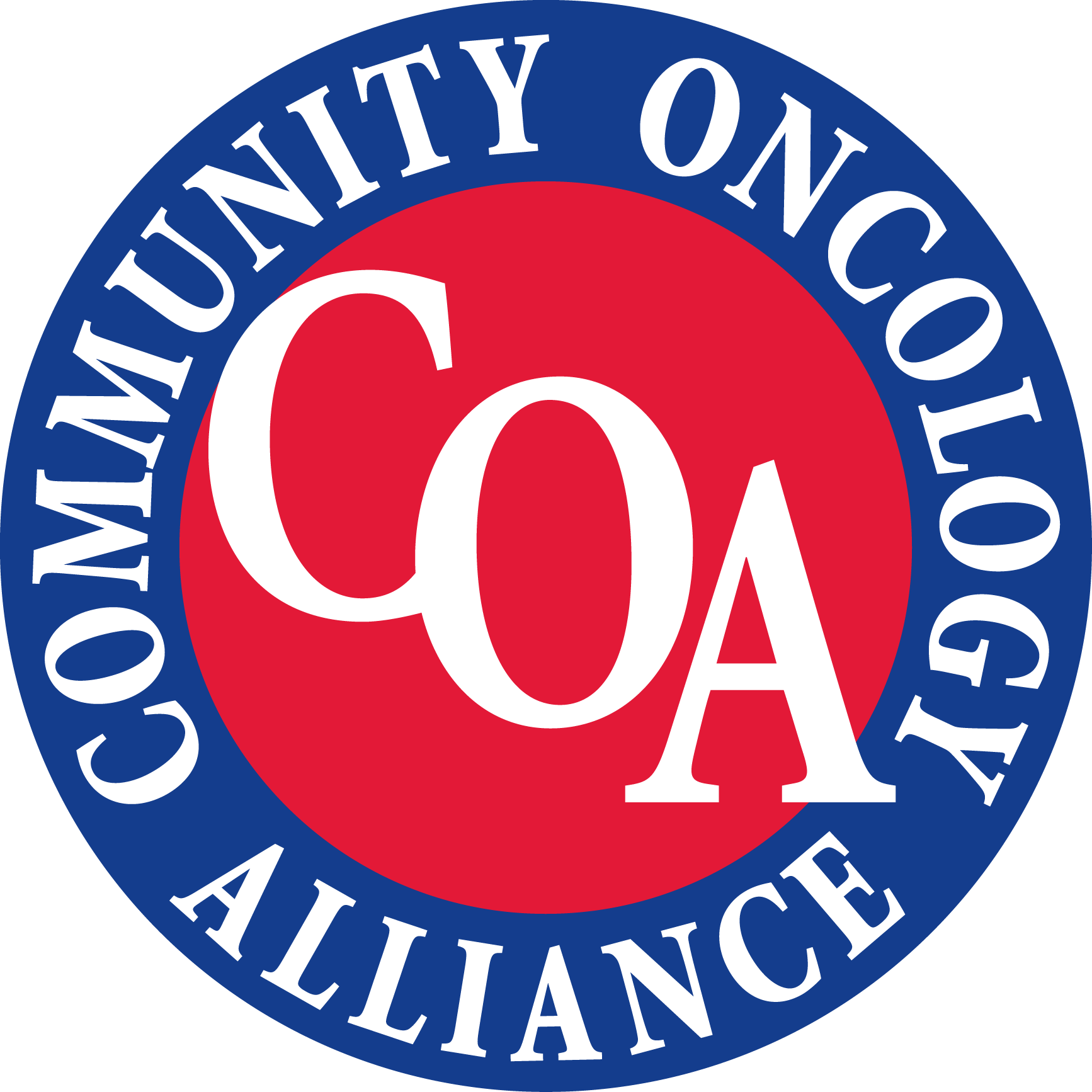
Ted Okon Explains the Narrow SCOTUS Ruling on 340B Reimbursements

The ruling by the Supreme Court on 340B reimbursements was narrow, but it sets up a future reimbursement reduction by HHS that is even greater based on survey data, said Ted Okon, MBA, executive director, Community Oncology Alliance.
The ruling by the Supreme Court on 340B reimbursements was narrow, but it sets up a future reimbursement reduction by HHS that is even greater based on survey data, said Ted Okon, MBA, executive director, Community Oncology Alliance.
Transcript
The Supreme Court recently ruled that HHS could not unilaterally reduce reimbursements to hospitals receiving discounted drugs through 340B. What are the next steps for addressing 340B reform through Congress?
There's a lot of misinformation about this Supreme Court decision on Medicare reimbursement for 340B hospitals. The fact of the matter is this was a very narrow rule by the Supreme Court. And basically, what the Supreme Court said, which is actually clear in the statute—I thought the Supreme Court would rule this way—which is HHS/CMS has to use hospital survey data. They can't basically just use other sources of data. And so, as a result of that, the Supreme Court did not rule for 340B; they did not go a lot further. A lot of legal experts were looking for them to go further. It's very narrow.
And by the way, that was only for 2018 and 2019. We still have litigation going for 2021 and 2022. But CMS/HHS has survey data now. In fact, in their rule in the last 2 years, they could have reduced reimbursement to [average sales price] minus 28.7%. But they chose to keep the current rate. So, you would think because they have survey data, they will now, for 2023, use that survey data and the reimbursement rate will be –28.7%. That's exactly what Justice Kavanaugh said, in the 17 pages of briefing on this very narrow decision.
So, I think, first of all, it's in the lower courts’ hands as to how to unscramble this egg. I mean, it's just a real mess. But going forward, you would think that CMS/HHS has to use survey data, or they're going to be in litigation over that. So, this is a very interesting thing.
I think that as far as Congress goes, and the 340B program, I think, with the odds that are that the Republicans will take the House of Representatives next year, I think you will see a lot more focus on 340B, because it tends to be more of a partisan issue as opposed to a bipartisan issue like [pharmacy benefit managers].
Newsletter
Stay ahead of policy, cost, and value—subscribe to AJMC for expert insights at the intersection of clinical care and health economics.









